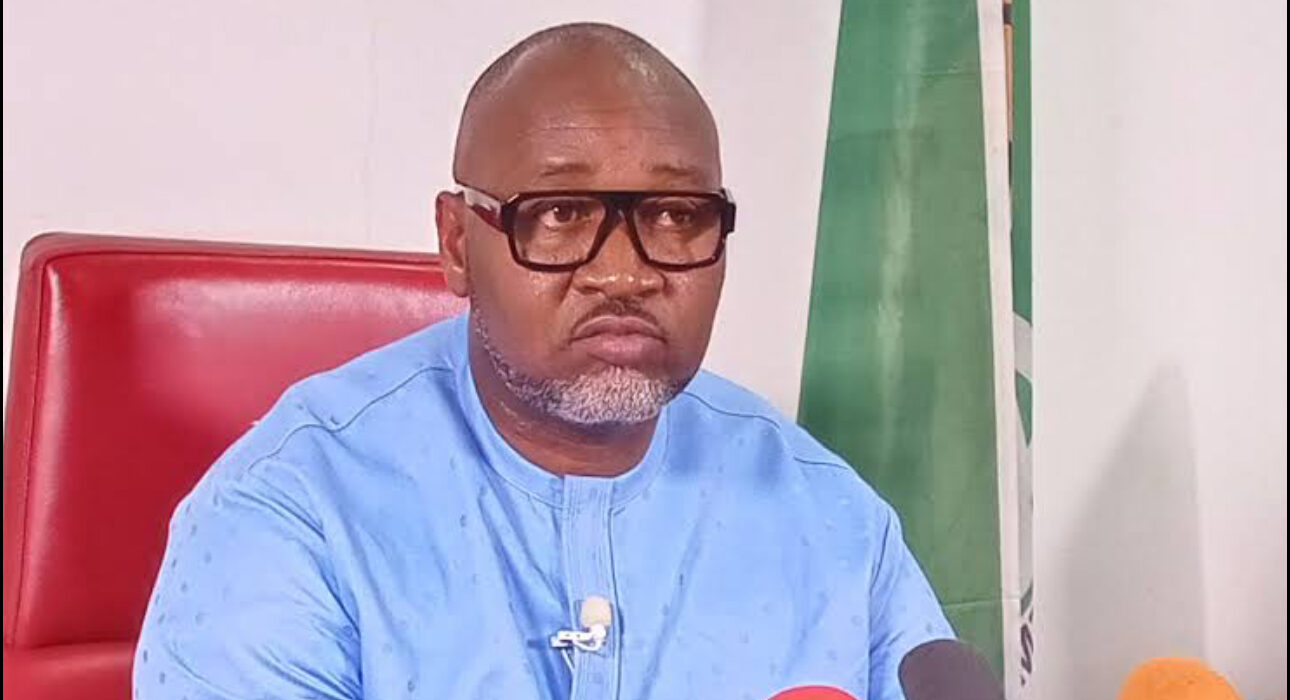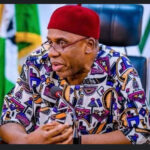Kachikwu Opposes Opposition Coalition’s Adoption of ADC, Labels It Political Hijack

A fresh political controversy has erupted within the African Democratic Congress (ADC) as Dumebi Kachikwu, the party’s 2023 presidential candidate, has openly rejected a recent move by a coalition of opposition leaders to adopt the ADC as their platform for the 2027 general elections.
Kachikwu denounced the coalition’s actions as illegitimate, describing it as an attempt to hijack the party through a defunct leadership structure.
The coalition, led by former Vice President Atiku Abubakar, met in Abuja and announced its intention to unite key opposition figures under the banner of the ADC.
As part of the move, they appointed former Senate President David Mark as interim national chairman and former Osun State Governor Rauf Aregbesola as interim national secretary.
Reacting to the development, Kachikwu issued a scathing statement, declaring that the group had aligned itself with the wrong faction of the party. He pointed out that the executive committee led by Ralph Nwosu, which the coalition relied on, had ceased to exist legally since August 21, 2022.
According to Kachikwu, the Nwosu-led leadership was dissolved after its tenure expired and has since been embroiled in unresolved legal disputes.
“I watch in amusement as a coalition of expired and tired politicians attempt to build something on nothing,” Kachikwu said. “They have chosen to associate with a faction whose tenure ended nearly three years ago. What they are doing is political dramedy — desperate men clinging to fading relevance.”
Kachikwu criticized the coalition members as “yesterday’s men,” alleging they had dominated Nigeria’s political scene for decades with little benefit to the nation. He called their efforts a selfish attempt to seize control of the ADC without following due process.
“If they want to join the ADC, they must come through the front door, not the back. We are a party that believes in internal democracy, not a dumping ground for political retirees looking for shortcuts to power,” he added.
Kachikwu’s stance has received backing from various stakeholders within the ADC, including youth and women leaders, who have also condemned the coalition’s action.
They described the move as elitist, undemocratic, and disconnected from the grassroots of the party.
The development points to a brewing crisis within the ADC, with signs of deepening factionalism and looming court battles over the control and future direction of the party. As the 2027 elections draw nearer, this internal rift could either fracture the ADC further or trigger a larger debate about coalition politics and party loyalty in Nigeria’s evolving democratic landscape.








